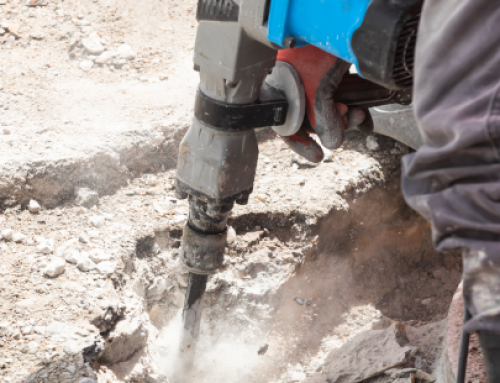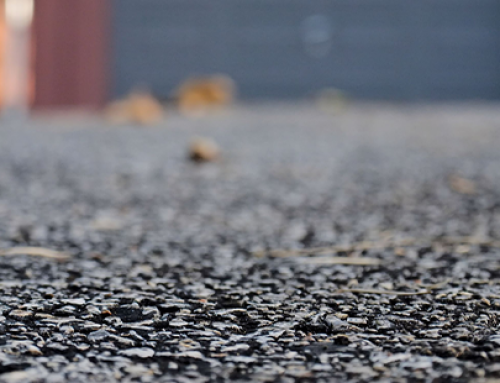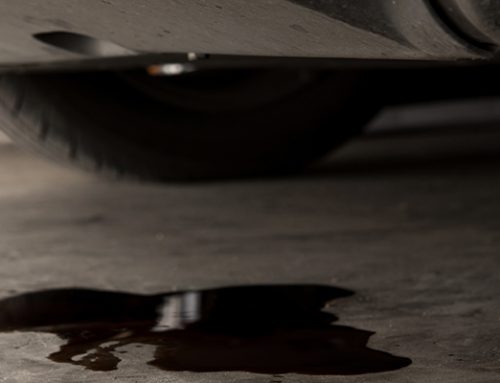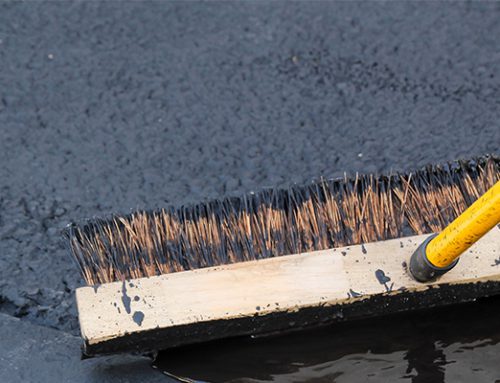Asphalt, also called liquid asphalt, asphalt cement, or asphalt binder, is a black and sticky liquid or semi-solid form of petroleum. It is found in natural deposits, but it can also be a refined product. Most of the asphalt used today for road paving comes from petroleum crude oil, even though it occurs naturally in several parts of the world.
How is liquid asphalt created?
Asphalt is the heaviest part of the crude, and it converts to liquid in three ways:
1. Heat – Special refineries called asphalt cement plants use heat to create asphalt cement, or asphalt binding.
2. Blending – Asphalt is blended with a light petroleum solvent known as cutback.
3. Emulsification – This is a water suspension process.
What is the history of liquid asphalt?
Most people think asphalt is a modern material invented recently to create roads and runways – but that’s not the case.
To most of the world, asphalt is called bitumen, which is a more accurate word. Bitumen refers to the liquid deposits in the earth – and we often think of these as tar or oil. But asphalt is also natural to the earth because it’s a natural petroleum product made up of animals, reptiles, and organisms that decayed over billions of years.
Natural asphalt has been used for many purposes over thousands of years. Ancient Egyptians used bitumen as a sealant for boats, baskets, ceramic pots, and an adhesive for tools and jewelry. Bitumen was also commonly used as a preservative for mummies.
What is refined asphalt?
What we think of as asphalt today is actually refined asphalt. Natural asphalt is taken from natural bitumen deposits and then refined in plants across the country and world. Refined asphalt is mixed with oil and fine gravel and makes up most of our roadways. Asphalt was used in its natural form until the early 1900s when the refined version was developed due to the emerging auto industry.
How is liquid asphalt used?
Liquid asphalt is most commonly used in three ways.
1. Municipal – This is anything owned by a city or town, including roads and highways. Liquid asphalt is funneled down to streets, potholes, alleyways, etc.
2. Commercial – Anything owned by a company and includes any part of a business property like parking lots.
3. Residential – Driveways and anything else owned by a private homeowner.
Choose Premium Asphalt Paving & Sealcoating in Bryan/College Station and Surrounding Brazos Valley
Our dedicated team at Premium Asphalt Paving & Sealcoating has decades of combined experience in the asphalt industry. Our finished product is always flawless whether you need new pavement installation, resurfacing, or sealcoating. Your satisfaction is our number one goal!
Contact us today for a FREE estimate on your next paving project.








